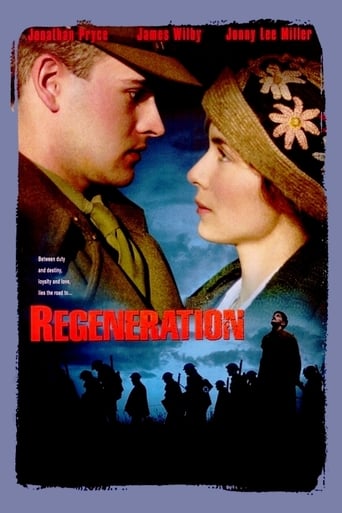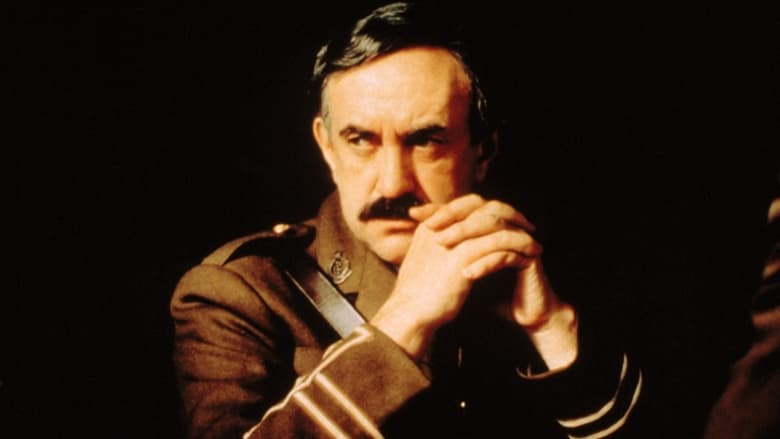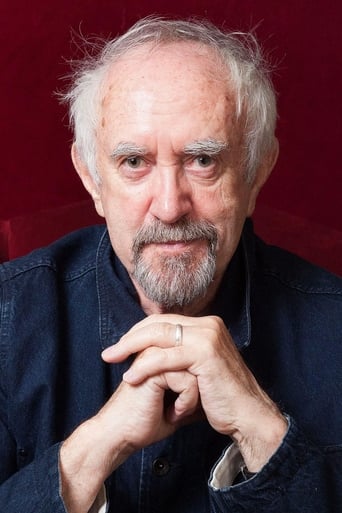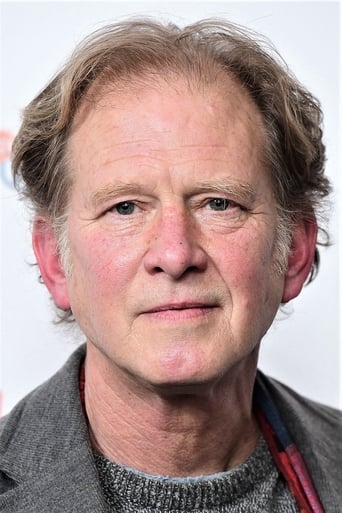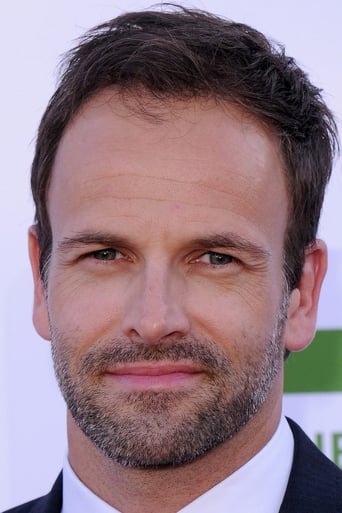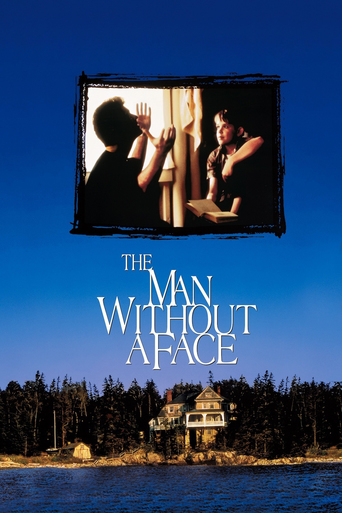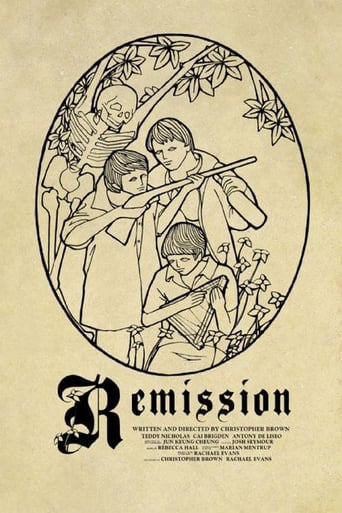Regeneration (1998)
Wilfred Owen and Siegfried Sassoon, two of England's most important World War I poets are sent, along with other traumatized combatants, to a rest home in order to treat their emotional troubles, caused by the psychological fatigue that suffer the soldiers fighting in the no man's land.
Watch Trailer
Cast
Similar titles
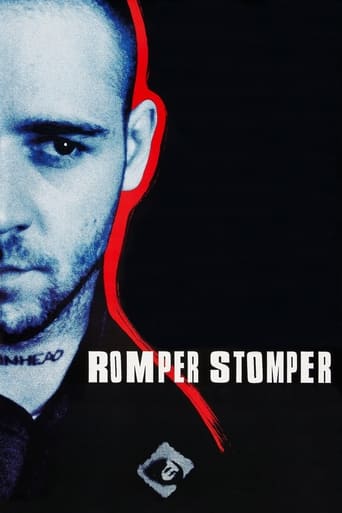
Reviews
Such a frustrating disappointment
If you don't like this, we can't be friends.
A Masterpiece!
There's no way I can possibly love it entirely but I just think its ridiculously bad, but enjoyable at the same time.
I really enjoyed this film. I saw it as "Regeneration" (not Behind The Lines which a reviewer said was shortened) which Amazon video recommended to me since I am a history buff and have been watching a lot of military documentaries there. I am a military veteran (US, served in Iraq), and have had nightmares in the past according to my wife, so when I watch programs about veterans I am emotionally more involved and usually in a more powerful way than a typical drama. It was a cathartic experience and a good cry for me. The film was very very interesting early on but all the different characters and a long playing time made me lose interest in spots. Watching it at home at my leisure was an added distraction.The moment that really impacted me was with John Neville's character using electro-shock in a tortuous way, very dramatic and hard to watch. I have no idea how accurate this film is (it doesn't seem very accurate with my perception of the early 1900's mental treatments, but maybe England was more advanced and war does advance medicine faster that peacetime does not), but it was a good watch for me. Great acting all around! Recommended for military drama fans, 9 of 10.
The War Poets have become a key part of the way in which World War I is remembered in Britain. There have been famous poems about other wars, but most of these (such as Tennyson's "Charge of the Light Brigade") were written by civilians who took no part in the fighting. The poems by which we remember WW1, however, were nearly all written by serving front-line soldiers, a number of whom were to be killed. Some of these poems have acquired a semi-official status; lines from Lawrence Binyon's "For the Fallen", for example, are regularly read out at Armistice Day ceremonies. (It would be interesting to speculate why virtually no poems from World War II have achieved a similar status)."Regeneration" tells the story of the 1917 meeting of two of the most famous War Poets, Siegfried Sassoon and Wilfred Owen. They met at Craiglockhart War Hospital, a psychiatric hospital in Scotland, set up to treat officers suffering from "war neurosis" and other forms of mental trauma. Although he is a patient in the hospital, Sassoon is neither mentally nor physically ill. He has been sent to Craiglockhart because he has published a letter in "The Times" attacking the war and declaring that he will take no further part in it. Although he could be court-martialled for this act of defiance, the army top brass have decided that such a course of action would be too controversial and would bring them too much unwelcome publicity. It is far easier to try and convince the world that Sassoon's protest is the result of mental instability.The two other important characters in the film are a third patient at the hospital, the fictitious Billy Prior, and Dr. William Rivers, another real individual. Prior is an officer, but is not drawn from the traditional officer class; his strong Northern accent betrays his working-class origins. (During World War I, in which junior officers were being killed at a faster rate than enlisted men, it was quite common for soldiers to be promoted from the ranks). Unlike Sassoon, Prior is suffering from quite genuine mental disturbance, brought on by a particularly traumatic experience, and has lost the ability to speak. Nevertheless, he is anxious to return to duty, motivated less by patriotism than by the need to prove himself. It comes as a great disappointment when the Army Medical Board eventually certifies him as fit to serve, but only on "home service", not in the trenches.Dr. Rivers is the psychiatrist treating Sassoon, Prior and Owen. In some ways he seems a very modern figure. Unlike some of his fellow doctors he sees his patients not as cowards, weaklings or malingerers but as brave, wounded men who deserve the same compassion and healing as those suffering from physical wounds or illnesses. His method of treating his patients is to encourage them to talk about their experiences, hoping thereby to discover the cause of their traumas. He also encourages Sassoon and Owen to write poetry as a form of therapy. He barely manages to conceal his disdain for another doctor who treats traumatised soldiers using painful electric shock therapy.In another respect, however, Rivers is very much a figure of his time. He is no pacifist but a commissioned officer in the Army Medical Corps, and a patriot who believes implicitly in the moral rightness of the Allied cause. He hopes to heal the men under his care not just for their own sake but also to make them fit again to serve King and country. His political views therefore bring him into conflict with Sassoon, although he always remains respectful in dealing with him.The blond, blue-eyed James Wilby might have seemed an odd choice to play the dark-haired Sassoon who was of Iraqi Jewish descent on his father's side. (Despite having the name "Siegfried" he had no German ancestry). In other respects, however, he seemed ideal. If Helena Bonham Carter was Britain's Queen of period drama during the late eighties and nineties, Wilby was the King, generally specialising in playing sensitive young men from upper-class backgrounds- the boorish, insensitive Charles Wilcox in "Howard's End" was something of an exception- and Sassoon certainly falls into this category. Wilby plays him as a man torn between two convictions, his firm belief that the war is morally unjust and his growing sense that, regardless of the justice or injustice of the war, he has a moral obligation to rejoin his men in the trenches.All the main roles, in fact, are superbly played. There are also excellent performances from Stuart Bunce as Owen and Jonny Lee Miller as Prior, although in my view the best comes from Jonathan Pryce as Rivers, a humane and intelligent man struggling to reconcile his patriotic belief in his country's cause with his distress at the all too obvious suffering caused by the war.The film is also very well directed by Gillies MacKinnon. The main part of the story mostly takes place during the autumn and early winter of 1917, and the Craiglockhart scenes are appropriately autumnal, with a sombre yet peaceful tone reminiscent of Millais' great Scottish landscapes. Contrasting with these are a number of grim, grey flashbacks to the fighting in the trenches.This film appeared in 1997, the same year as another, much more hyped, film, "Saving Private Ryan". The battle scenes in Spielberg's film are certainly visually stunning, but of the two I would certainly prefer "Regeneration". Spielberg does not really tell us anything new about war, whereas MacKinnon's film manages to find a new angle- the cost of war in terms of mental suffering- and deals with its theme in a humane, compassionate and moving way. 8/10
"a moving account of troubled times". at times fluid, at times clunky this movie does exactly what it sets out to do...the depiction of the destruction - both in terms of lives and that of art - that war brings upon humankind. wonderful acting all round, from the main actors right down to the supporting cast especially in the final moving scene featuring a man looking introspective yet overwhelmed with joy who hugs and congratulates all around as the armistice bells signal the end of the war. this film brilliantly provokes the question, "what would i do?" sadly no film will ever bring us fully to the answer to that question but regeneration serves to move us that bit closer.
Excellent glimpse at the darker underbelly of war. The film takes the viewer down a grim back-alley of the war-movie genre that is seldom visited. A great movie to watch as a counter-balance to such films as Patton and The Big Red One. Tomorrow (11 November) is Veteran's Day; this film should be shown every year around this time.(And at the end of the film, when the Germans were seen surrendering, who WAS that young German soldier that they briefly focused on? Anyone? Bueller?)
